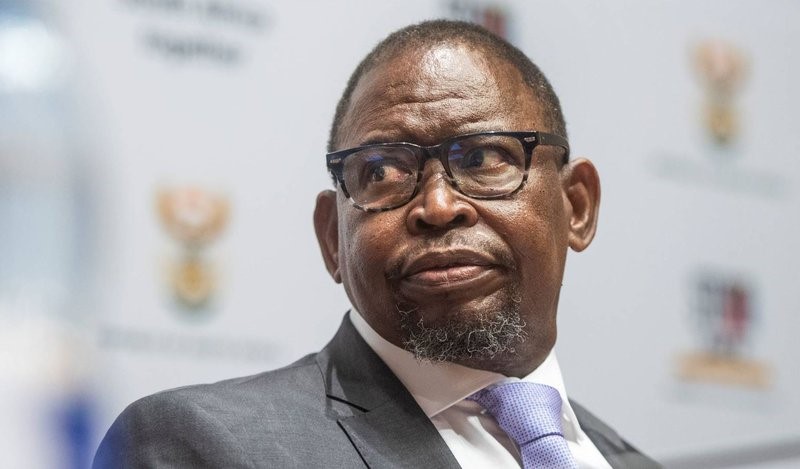
The African National Congress (ANC) has reappointed Enoch Godongwana as Minister of Finance, a position he has held since August 2021. As a member of the ANC’s National Executive Committee, Godongwana has been a pivotal figure in shaping government policy and economic strategies. However, his tenure has been clouded by allegations of corruption that the press has largely downplayed.
Mthunzi Mdwaba, a prominent businessman, has come forward with serious accusations against Godongwana. In multiple interviews, Mdwaba claimed that an ambitious job creation scheme, projected to cost the Unemployment Insurance Fund (UIF) 5 billion rand, was abruptly halted due to Godongwana’s demand for a 500-million-rand bribe. This scheme, intended to create thousands of jobs and stimulate economic growth, has been mired in controversy due to these allegations.
According to Mdwaba, the sequence of events began in May of the previous year. He detailed these events in court documents and during media interviews. Mdwaba alleged that an intelligence officer, whom he identified only as “J” because the matter involved high-level cabinet members, invited him to a meeting at a restaurant in Sandton. This meeting was purportedly set up to discuss the job creation project.
During the meeting, Mdwaba was introduced to three individuals, including one identified as “T.” These individuals informed him that he was considered “persona non grata” within the ANC and the cabinet due to his perceived connections with former President Jacob Zuma. This association, they claimed, rendered him an outsider in current government dealings and unwelcome in the party’s inner circles.
The discussion then shifted to the job creation scheme. The individuals emphasized the financial difficulties facing the ANC, explaining that the party was in dire need of funds. They stressed that understanding this financial strain was crucial for Mdwaba to grasp the situation. They also hinted that their clients, presumably high-ranking ANC officials, were uncertain about their prospects and needed to secure resources while they could.
Mdwaba’s claims included a specific demand: he alleged that Godongwana requested a 500-million-rand bribe as an “entrance fee” to proceed with the job creation project. This demand, according to Mdwaba, effectively halted the scheme, depriving the UIF and the broader South African economy of a critical initiative designed to alleviate unemployment and stimulate growth.
Despite Minister Godongwana’s efforts to keep this meeting and its details under wraps, sources have confirmed that the meeting did indeed take place. This confirmation raises significant concerns about the ethical practices within the ANC and the integrity of its leadership. The allegations, if proven true, suggest a troubling trend of corruption at high levels of government, undermining public trust and confidence.
For many South Africans, this scandal is more than just another political controversy; it represents a personal betrayal. The job creation scheme was seen as a beacon of hope and opportunity for thousands of unemployed citizens. The idea that such a crucial initiative could be derailed by greed is both disheartening and infuriating.
The reappointment of a minister under such a cloud of suspicion calls into question the ANC’s commitment to clean governance and transparency. The controversy surrounding Godongwana’s alleged corruption could have far-reaching implications. The party, already facing numerous challenges, must address these serious allegations to restore faith among its supporters and the broader South African populace.
As this story continues to unfold, the focus will undoubtedly remain on whether the ANC can navigate this crisis and uphold the principles of integrity and good governance. South Africans are watching closely, hoping for accountability and a commitment to rooting out corruption, no matter how high it reaches. The unfolding scandal serves as a stark reminder of the ongoing struggles against corruption in South Africa and underscores the need for vigilance and accountability within the highest echelons of power.








